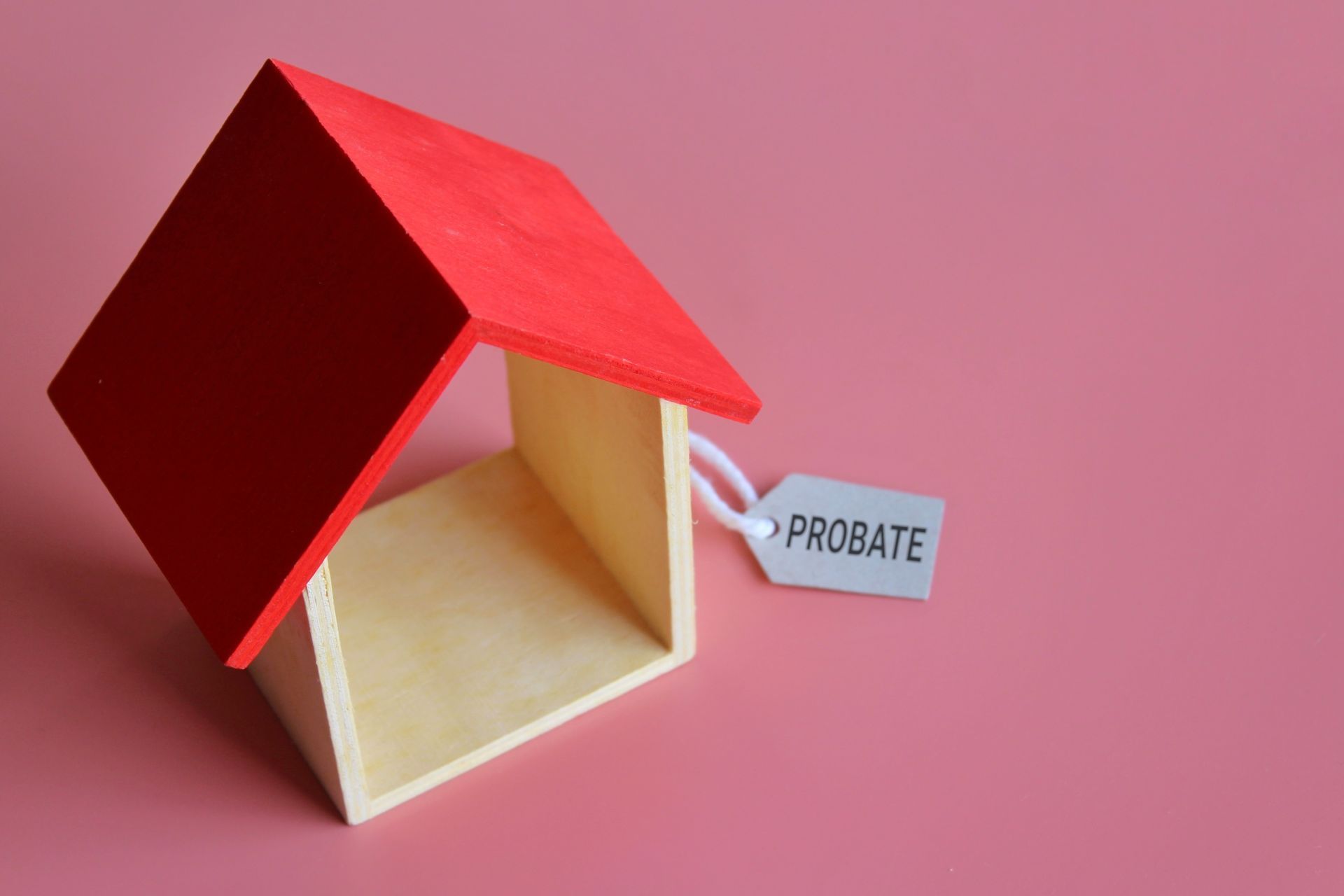Estates 101: The Four Types of Probate in Florida
Life is a long, beautiful marathon with an indistinct finish line. Having a will in place is not always enough to ensure that what you want to pass down to your family is handled after you pass away.
Remember that all, or at least a substantial portion of your assets, must go through a court process to ensure that your wishes are honored after you pass away. Not surprisingly, that process can be long, often costly, and emotionally draining on the people closest to you in an already difficult time. Those proceedings are referred to as “probate” and there are actually not just one, but four, types of probate proceedings in the State of Florida.
In this blog, we will discuss those four types of probate proceedings, which are: Formal Administration, Summary Administration, Ancillary Administration, and Disposition without Administration.
If, after reviewing this blog, you wish to learn more or discuss your specific circumstances with an experienced probate professional, we welcome you to call us at Doane & Doane, 561-656-0200 . We are the reliable, knowledgeable probate attorneys who will make sure that all your questions are answered, and that you receive professional advice.
1. Formal Administration
This is otherwise known as regular probate because it is the process that most estates pass through. Initiation of the formal administration is done by the executor or another interested party who has a claim in the decedent’s estate, and who must file what is called a “Petition for Administration.” You would do this by petitioning the court to assign a personal representative or “PR” who will act on behalf of the estate.
The PR will collect and value the decedent’s possessions and pay any of the debts or taxes associated with the estate. After that, whatever remains is distributed to the recipients named in the will.
2. Summary Administration
Similar to a formal administration, this type of probate begins with a Petition for Administration, which is filed with the probate court. However, unlike a formal administration, no personal representative is appointed. The summary administration is a shortened process, and certain conditions must be met in order for it to take place.
Specifically, a summary administration can only occur if the estate is valued less than $75,000 and there are no debts associated with the decedent that need to be paid by the estate. A summary administration is also the approach if the decedent has been dead for more than two years.
In this expedited, summary process, once the court determines that an estate qualifies for a summary administration, the court distributes the assets to its beneficiaries. As you would expect, a summary administration takes far less time than a regular formal administration in probate.
3. Ancillary Administration
Ancillary administration is a specific type of probate that is used when the decedent owned property in Florida but was not a resident of the state. This circumstance most commonly presents itself when someone out of state-owned an investment property or vacation home in Florida. And given that Florida is a vacation destination, and place for so-called “snowbirds” the ancillary administration is an important process to have available.
In most instances, the ancillary administration is similar to the formal administration, but working with a lawyer knowledgeable in Florida probate proceedings is necessary.
Because the bulk of the probate proceedings take place out of state, the Florida courts provide the necessary information for Florida properties to be transferred during an ancillary administration . The personal representative is usually appointed to assume the same duties in Florida.
The ancillary administration then progresses in the same manner as a formal administration, alongside the primary probate proceedings taking place in the decedent’s state of residence.
4. Disposition without Administration
As the name implies, a disposition without administration is less of a probate proceeding because no real administration of an estate actually occurs. This rare process is only used in a limited number of circumstances due to the narrow set of conditions that must be met for it to take place.
Specifically, a disposition without administration is used almost exclusively for small estates, and can only be used if three requirements are present:
1. The total value of their exempt personal property (household furnishings and appliances) is less than $20,000,
2. No creditors have claims to debts owed by the decedents under the constitution of Florida, and
3. All non-exempt property does not outweigh the costs incurred by a funeral or hospital expenses.
The personal representative filing for disposition without administration is responsible for determining the value of these assets, and for submitting the following:
1. An application,
2. A copy of the death certificate, and
3. Receipts for the expenses.
Work with Estate Planning Lawyers in Palm Beach
Knowing which type of probate your estate will require is an integral part of planning for the future. Because probate proceedings can be lengthy and costly, making arrangements early can ease much of the emotional burden your successors will face when handling the affairs left after you are gone.
At Doane & Doane, we help you determine the best tools to plan for life’s eventuality. Let us help you. We at Doane & Doane combine big firm resources and experience with the personal touch of a small, boutique firm. We pride ourselves on offering the kind of one-on-one attention that clients at big firms often do not enjoy.
After almost two decades of practice, we have earned the reputation as one of West Palm Beach’s most prominent tax and estate planning law firms . In particular, we understand that estate and probate matters involve a great deal of emotion. We are privileged to help clients on such important matters, and we genuinely care for and support our clients and their families. Our friendly staff and atmosphere are vital to the quality of client service we provide.
We hope that all of our clients, friends, and business associates enjoy the hospitality of our firm’s legal staff. Doane & Doane serves clients in the communities along Florida’s Gold Coast and Treasure Coast, including Palm Beach, Broward, Miami-Dade, Indian River, St. Lucie, and Martin counties. For a free consultation and to get to know our firm, please give us a call at 561-656-0200 .
The post Estates 101: The Four Types of Probate in Florida appeared first on Doane and Doane, P.A..
Disclaimer: The information on this website and blog is for general informational purposes only and is not professional advice. We make no guarantees of accuracy or completeness. We disclaim all liability for errors, omissions, or reliance on this content. Always consult a qualified professional for specific guidance.
RECENT POSTS






